The ‘unsinkable’ Titanic sank in the Pacific after colliding with an iceberg in 1912, a leap year. This was also the year that John Langalibalele Dube founded the African National Congress to advocate for improved black South African rights. Gerhart Hauptmann was awarded the Nobel Prize for Literature.
Nearly 30,000 textile workers in Lawrence, Massachusetts, went on strike in what was likely the country’s worst strike. The strike began on January 11 at the Everett Mill and quickly expanded to neighbouring mills. With shootings and stabbings, the strike became violent, and striking families sent their children to Manhattan, New York. The bread and roses strike lasted nine weeks and was only terminated after President Taft and Congress intervened.
After Sun Yat-republican sen’s uprising, China’s last emperor, Hsian-T’ung, abdicated two days before Valentine’s Day in 1912. His abdication brought an end to 267 years of Manchu hegemony and 2,000 years of imperial authority. The emperor was six years old at the time of the revolution, and he continued to live in Beijing’s Forbidden City.
On October 14, Theodore Roosevelt, the Progressive Party’s presidential candidate in the United States, was shot in the chest while greeting supporters. John Schrank, a saloonkeeper, was the assailant with a.32-caliber bullet. The bullet was slowed by a spectacles case and a bundle of manuscripts in the president’s breast pocket, and he escaped with minor injuries.
The rotation of the Earth’s crust was the slowest ever recorded at the start of the year. When British explorer Robert Falcon Scott and his four companions arrived at the South Pole, they discovered that Amundsen had beaten them to it. Falcon and his crew died a few kilometres from a polar base on the way back.
Continue reading to learn more about the 1912 events. (January 28, 1912) (January 30, 1912) (February 12, 1912) (April 10, 1912) (April 15, 1912) (June 04, 1912) (June 06, 1912) (June 08, 1912)
Event 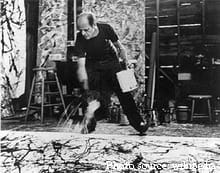
Jackson Pollock, an American painter who was a leading proponent of Abstract Expressionism and garnered global acclaim for the radical poured, or "drip," technique he used to make his major works, was born. 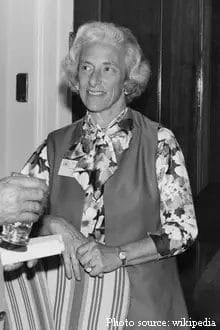
Barbara Tuchman, a two-time Pulitzer Prize winner and one of the foremost popular historians in the United States in the second half of the twentieth century, was born. 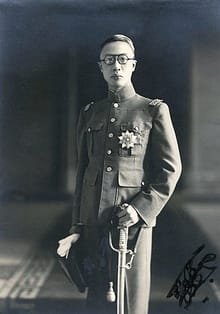
At the end of the Chinese Revolution, Puyi, the last emperor of China, abdicated. 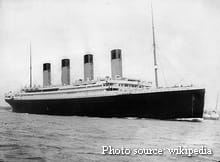
The RMS Titanic set off on her first journey, which ended in tragedy when the luxury liner collided with an iceberg and sank few days later. 
The British luxury passenger liner Titanic sank on route to New York City from Southampton, Hampshire, England, on this day in 1912, after colliding with an iceberg during her maiden voyage; 1,500 people died. 
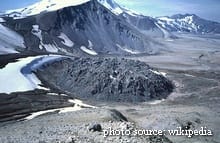
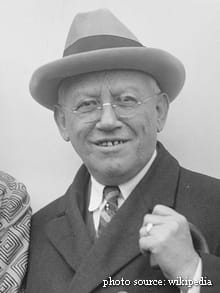





GIPHY App Key not set. Please check settings